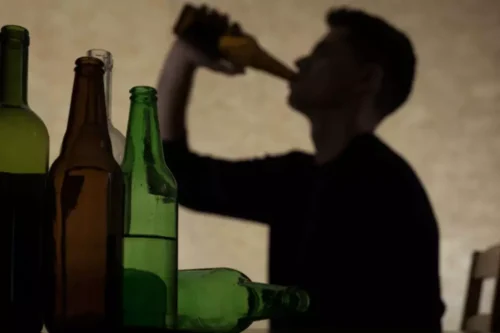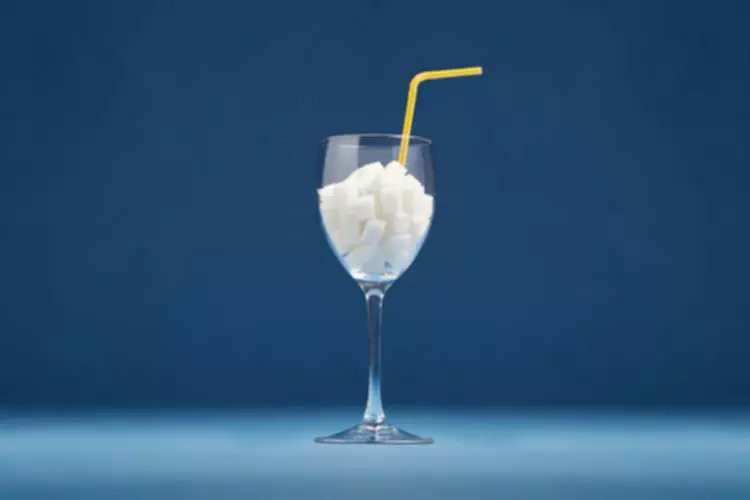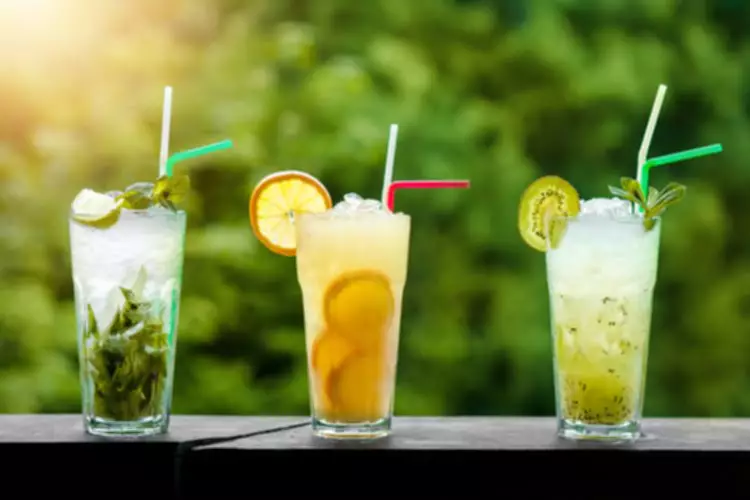
Experiment with different techniques to find what works best for you and incorporate them into your nightly routine. Remember, consistency is key in retraining your body and mind to fall asleep naturally and without relying on alcohol. When it comes to falling asleep without relying on alcohol, there are several natural methods that can help promote better sleep. Lifestyle changes and sleep hygiene practices can significantly influence the speed and extent of sleep improvement.
Non-REM, Stage 1:
- Continual lack of quality sleep can have dangerous health effects.
- For many of us, a glass of wine or a couple of beers before bed feels like an excellent way to relax before sleep.
- There are various options available to help you address and overcome your sleep difficulties.
- Many people report a gradual increase in sleep duration and quality during this phase.
As with any sleep aid, natural or otherwise, it’s crucial to use them responsibly and as part of a broader approach to improving sleep hygiene. The bidirectional nature of the relationship between alcohol and sleep is also noteworthy. Poor sleep can lead to increased alcohol consumption as a coping mechanism, which in turn can further disrupt sleep patterns. For some individuals, turning cant sleep without alcohol to alcohol as a sleep aid may seem like a tempting solution.

Toggle REM, Stage 4:
- Alcohol can cause insomniabecause of the damagethat alcohol can do to your sleep cycles and circadian rhythm.
- There are medications, behavioral therapies, and other approaches your doctor can recommend.
- Without a routine, your body is continually guessing when it should rest and when it should be active.
- Research shows that individuals recovering from alcohol use disorder often continue to experience fragmented sleep, insomnia, and difficulties achieving appropriate sleep duration.
This can lead to feelings of fatigue and non-restorative sleep. Alcohol can cause insomniabecause of the damagethat alcohol can do to your sleep cycles and circadian rhythm. https://ecosoberhouse.com/ This can lead to additional effects like daytime sleepiness and grogginess.

Why Can’t I Fall Asleep After Drinking Alcohol?
By understanding the whys and hows behind insomnia, we can devise strategies to reclaim your sound sleep. This is not just about battling amphetamine addiction treatment those long wakeful nights; it’s about gaining control of your body and overall wellness. Unpack your darkest circles under your eyes, and let’s walk through the sleepless town once ruled by alcohol.
Insomnia After Quitting Alcohol: A Detailed Look at Causes and Solutions
- The desire for alcohol is frequently the result of boredom, therefore if the mind is engaged in something else, you’re less likely to reach for that bottle.
- More than 70% of those with alcohol use disorder (AUD) also experience alcohol-induced sleep disorders, such as insomnia, according to scientists in a 2020 review.
- In the short term, sleep apnoea sufferers feel unrested in the morning.
- If you need a snack, opt for something light and avoid rich, fatty foods.
- The collective wisdom of support groups can be the key to conquering insomnia.
- Several effective treatment options exist for addressing alcohol dependency related to sleep.
I would lie there for hours in the dark willing sleep to come. Unfortunately, once your body has finished processing all the alcohol out of your system, you are left with high levels of Stimulant and Stress Hormones coursing through your body. The effects of this will leave you feeling jittery and anxious.
- For many professionals, stress and pressure is a common part of the working environment.
- RISE can also predict your circadian rhythm, so you can sync up your sleep times to match for an easier time falling asleep.
- Paradoxically, some individuals may experience increased sleep disturbances during this period.
- That’s why it is important to implement actions that promote sleep quality, like the ones below.
Tapping for Sleep: A Natural Solution for Better Rest and…

It’s estimated that by the end of 90 days, most people get past insomnia entirely, with rare cases of individuals experiencing it beyond this point. This sudden overactivity can result in disturbed sleep and insomnia. Think of it as the brain’s way of protesting against the sudden absence of a depressant (alcohol) it had grown accustomed to. Consequently, there’s an uptick in wakefulness at times when sleep should naturally occur. It’s a pendulum that swings back with a vengeance, causing sleep woes.
Sleep Improvement After Quitting Alcohol: A Timeline of Recovery

However, booze also has a significant impact on your sleep pattern. Here’s what you need to know about trouble sleeping without alcohol. This might not be a long time but boy it can feel it when you are tired, irritable and newly sober. Despite alcohol aiding the onset of sleep, it does not allow you to have a fitful sleep; quite the opposite. Uplift Recovery Center provides you with recovery in a loving, professional environment. Navigating the journey to sleep better without alcohol can be challenging but is incredibly rewarding.
Why Can’t I Sleep After Drinking Alcohol?

You may have heard of GABA as a relaxing neurotransmitter before, and alcohol dampens activity in your brain, directing the brain to slow down. Alcohol also impacts other brain chemicals like adenosine, linked to your digestive process, which limits the brain from becoming stimulated and engaged. These processes in tandem produce a relaxed and tired sensation. With the proper support and treatment, overcoming this dependency is not only possible but can lead to a significant improvement in both mental and physical well-being. Find a brighter tomorrow by starting with our compassionate team of medical professionals and recovery specialists today.
